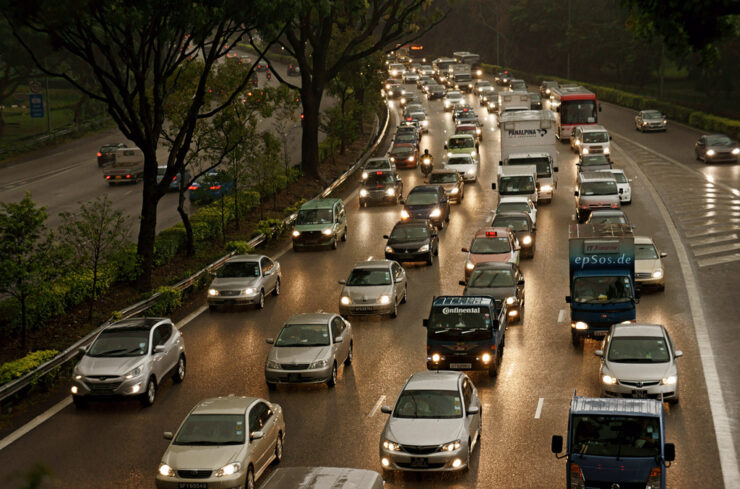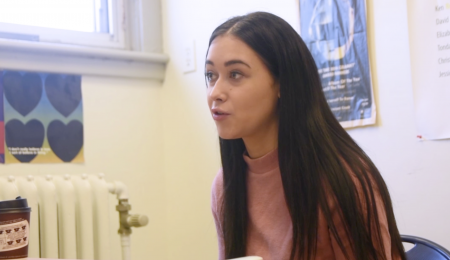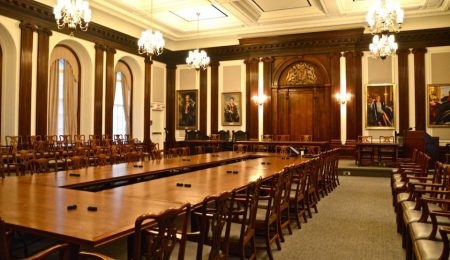Photo: courtesy epSos.de/flickr creative commons
OKANAGAN (CUP) — Those who default on their student loans could lose their driver’s license if new legislation proposed by British Columbia’s finance ministry passes.
Under the proposed law, Insurance Claims British Columbia (ICBC) would receive a “refuse-to-issue” notification on the accounts of people who had been out of good standing for over a year on their government student loans.
ICBC is a crown corporation that controls all driver licensing, registration, and basic insurance in BC.
According to Finance Minister Mike de Jong, who announced the proposal Feb. 26, the move is intended to put a dent in the $185 million in overdue student loans owed to the B.C. government, and aims to recoup an additional $3 million per year.
Last year the crown brought in a total of $17 million from defaulted loans.
ICBC currently denies new licenses or license renewals based on a number of debt evasions, including those for motor-related infractions and crimes, transit fare-evasion fines, bridge tolls, and child support and alimony payments.
De Jong cited ICBC’s regular and province-wide contact with citizens as the reason the corporation makes an effective and efficient debt collector.
The proposal has drawn criticism, particularly from the Canadian Federation of Students (CFS) BC.
According to CFS BC chair Zachary Crispin, withholding licenses due to student debt is “just poor public policy.”
“If you take away someone’s driver’s license and they lose their job, they’re just going to default further,” he said.
But the Ministry of Finance disagrees, saying the penalty would only affect license renewals once every five years and would allow recipients to get the notice withdrawn by proving financial hardship.
“It is not in the interests of government to put a debtor into a position where they have less ability to pay,” said Brennan Clarke, the ministry’s senior public affairs officer. “The refuse-to-issue hold will only be applied or maintained where it improves the likelihood of repayment.”
B.C. is tied for the highest rate of interest on student loans in the country (prime plus 2.5 per cent), and is second-highest when it comes to average government student loan debt, measured three years after graduation.
The province provides several means for student debt alleviation, primarily through its Repayment Assistance Plan. Under that plan, borrowers can qualify for a reduction or removal of their monthly payments based on their income and family size.
According to the Ministry of Finance, of the 113,000 borrowers currently in repayment there are 26,000 people in default, and at any given time 1,500 of those defaulters have resumed repayment or would qualify for a financial exemption. To meet the goal of $3 million, the refuse-to-issue plan would have to get 2,250 of the remaining defaulters to complete their yearly payments.
The ministry wasn’t able to provide a dollar figure on how much is currently brought in by the existing types of refuse-to-issue notices, and ICBC did not have any information on how many drivers repay and get their notices lifted, or how quickly they repay.
“We don’t have a business need for that (information),” said ICBC senior communication specialist Leslie Dickson, explaining that notices from the government just appear on drivers’ ICBC files when there is an outstanding debt, and go away when the government receives payment and withdraws the notice.
ICBC does however record how many notices there are and what each is for. As of Feb. 26 there were 55,000 active notices: 42,000 for bridge toll debt, 9,300 for family maintenance, and 4,200 for public transit fines.
The proposed law is before the House and is expected to undergo a final vote by May 28. If passed, it would take effect in late 2015 or early 2016.




